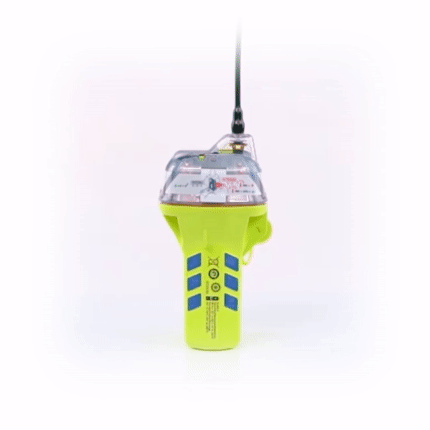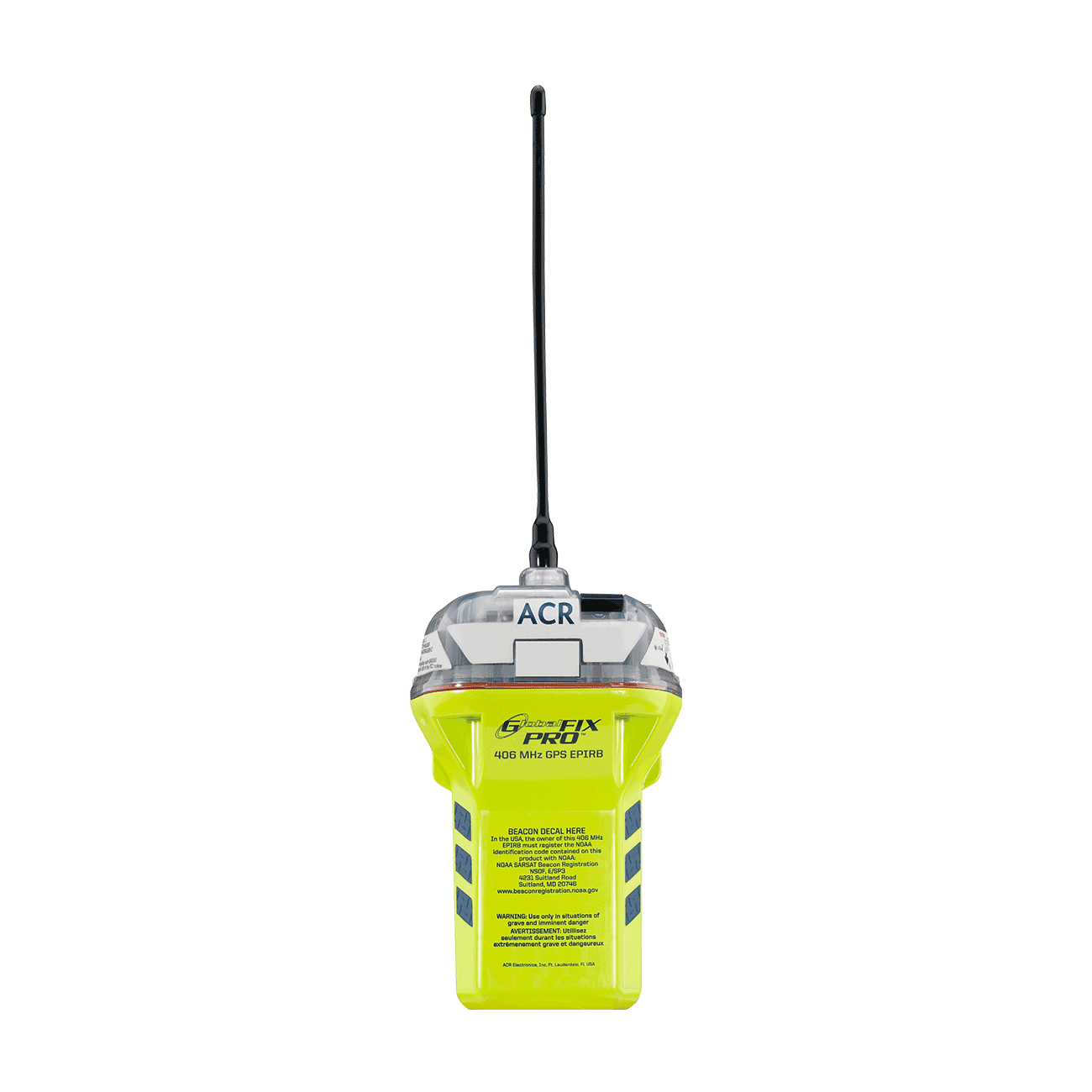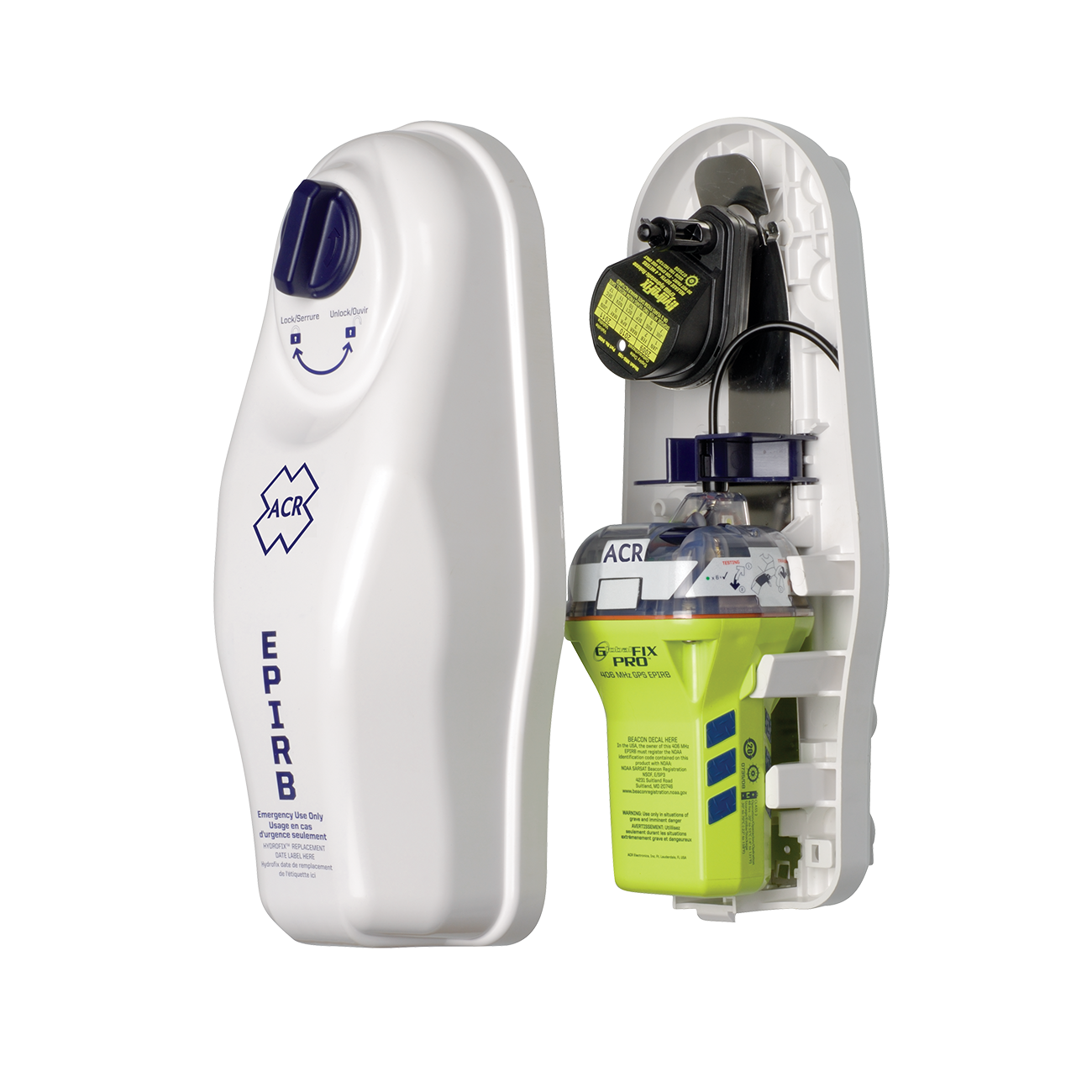Lives saved
4

Boating

Ocean

Mechanical failure

Thunder storm
Bimini, Bahamas
26.1224386°N, -80.1373174°W
Posted on May 2, 2018 by Rick
What happened?
There are definitely some very bad ‘sea stories’ on the pages of Survivor Club, but I am certain that ACR’s GlobalFix Pro kept a tense situation at dusk from becoming a very bad and possibly deadly situation after dark. In October 2011, the fish were rumored to be biting off the Bahamas and a group of us took a center console across and spent the night on Bimini. Our plan was after waking up on the second morning of the trip to fish a few hours early before crossing back to south Florida around 2:30 PM (crossing with plenty of daylight). In preparation for this, we topped off the tanks in the evening as there weren’t likely to be any fuel docks open as early as we wanted to start on the last day. The boat and its anglers had done this trip many times, and the weather conditions and our preparation should have made for just another uneventful drive home. After trolling for fish in the general direction of home for a few hours, we reeled up the lines in the Bahamas to head back towards Florida. We all actually had the now-ironic conversation about the math on how much fuel should have been on board at the time we began heading home. By all estimates, we would have a minimum of 50 gallons still on board when we arrived back to the inlet, using very conservative estimates, with the actual number though to be around 80. However, approximately halfway through the crossing, a few “pops” were heard coming from the twin outboards and without warning both motors shut off and we were literally stopped in the middle of nowhere! There were actually two USCG captains on the boat, in addition to a boat owner who had been around boats and offshore fishing for 20+ years (and may have similar levels of boat knowledge as the two captains!). Even though this was a pleasure trip among friends, everyone went to work trying to see how we had managed to shut down a well-maintained boat in the middle of the Atlantic! One of us was trying to raise awareness of our situation on the radio, another of us was readying signal flares in case we saw another vessel nearby, one of us was adjusting fuel valves below deck and trying to isolate the fuel to one motor, while the fourth person was trying to restart whatever motor we could get fuel to. The goal was to ‘limp-in’, and after a very long hour we had one motor started with what fuel was left in the tank. About the time we had started one motor, a container ship could be seen very far off in the distance, heading south as we were drifting in a north-east current – we headed as much as possible into its path hoping their more powerful radio could reach shore since ours wasn’t seeming to do so. As we made slow progress toward the container ship’s path, there were more pops like the engine was struggling for fuel and eventually we were unable to keep the motor running. As we started signaling with flares and trying to raise the ship on multiple channels, we all talked long and hard about having to use the EPIRB. After twenty five minutes in view of the ship with no indication that the ship’s crew had seen us (and we were very close to the ship!), we decided it was time to deploy the beacon. Admittedly, nobody on board knew a response timetable after using the EPIRB, but were faced with no better choice but see what the GlobalFix Pro could do! Within 90 minutes, and almost at the exact same time as the sun was starting to get low behind us, one boat came into view coming from the southwest and another came into view coming from the northwest. The first to actually reach us was a Sea Tow boat, and within two minutes the second vessel from the USCG was alongside. After a short time, the USCG determined our situation to be at the level where some assistance was provided by them; they used their more powerful radio to call TowBoatUS and were going to wait with us until the Tow boat showed up. As the sun went down, however, the current picked up and the Coast Guard decided to tow us toward shore until the Tow boat could come meet us. The most surprising thing – once we got home and had the boat out of the water, we actually had just under 70 gallons of fuel still on board when we “ran out of gas” at sea! All of us felt relieved to be at home, but also confident that we didn’t mess up the math on fuel consumption for the trip! Like others have said – I have seen FAR worse stories on this site, but I maintain that my situation could have been far more severe if we hadn’t had the GlobalFix Pro on board!
Words of wisdom
I have seen FAR worse stories on this site, but I maintain that my situation could have been far more severe if we hadn’t had the GlobalFix Pro on board!
Thank you note
Rescue location
Fort Lauderdale
Rescue team
Coast Guard


